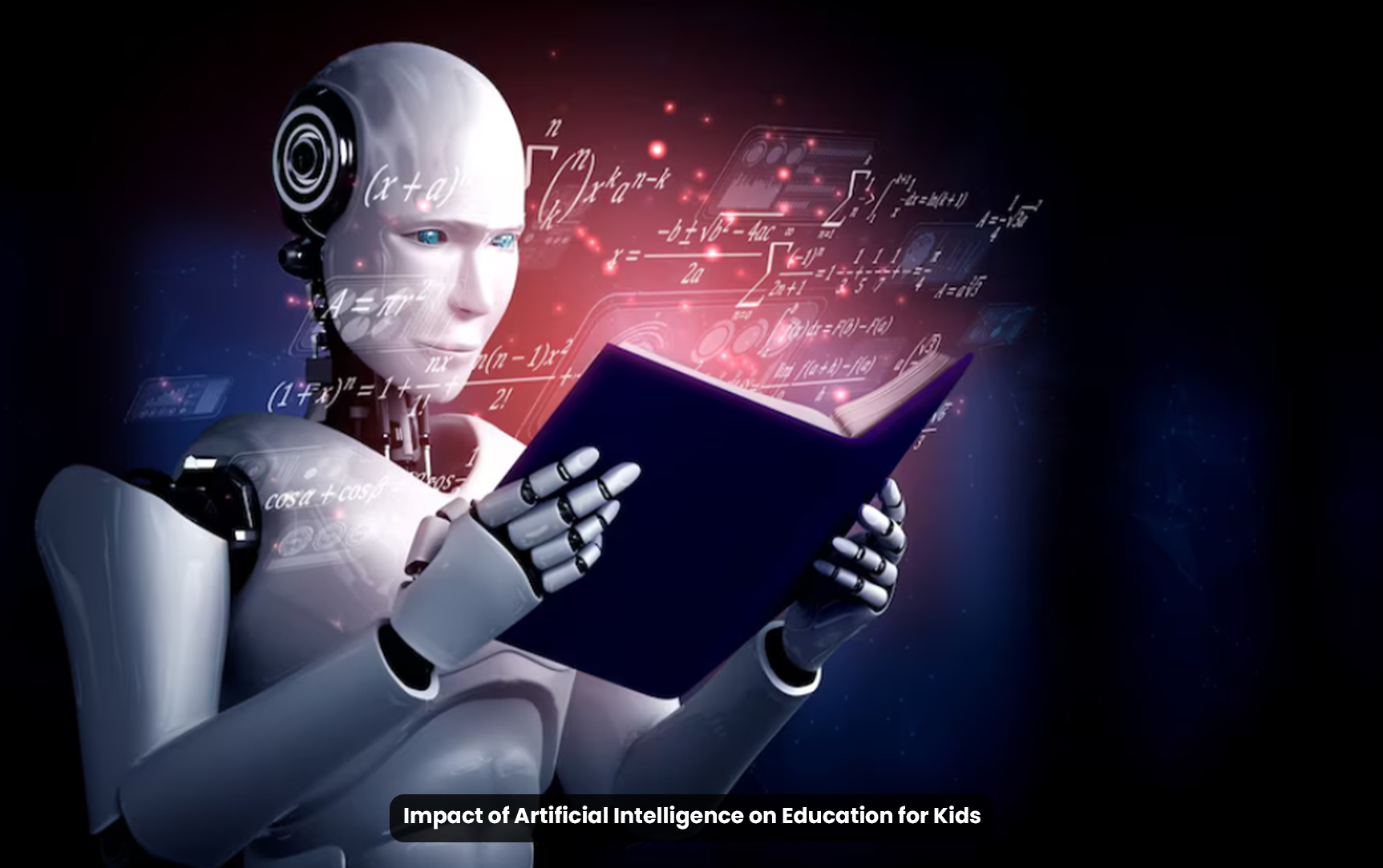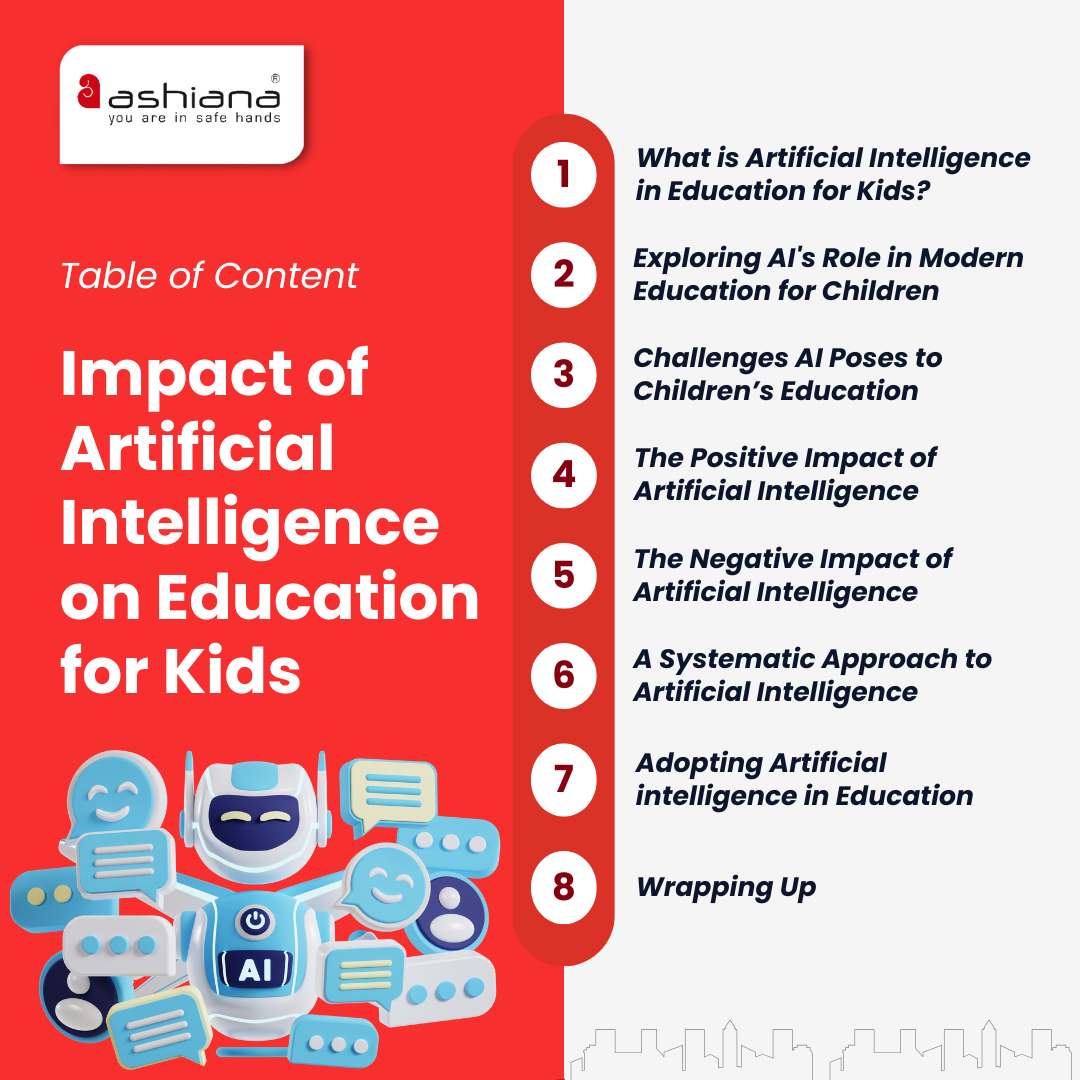

Data-driven insights: AI provides educators with valuable data-driven insights into student performance and learning patterns. This information helps in making informed decisions, refining teaching strategies, and identifying areas that may require additional attention.
AI can generate custom learning materials, such as quizzes, flashcards, and even entire lessons tailored to a student’s strengths and weaknesses. This personalization ensures that students focus on the topics they need the most help with, maximizing their learning efficiency.
Ashiana, Ashiana Housing build homes. Homes surrounded by vast green spaces and fresh breeze. Homes cocooned in secured gated complexes. Homes where futures are forged and there are opportunities to grow. And Homes in environments brimming with healthy activity, trust and respect. At heart, we build communities with care.
Other posts by Ashiana
Join 1000+ of fellow readers. Get expert real estate knowledge straight to your inbox absolutely free. Just enter your email address below.